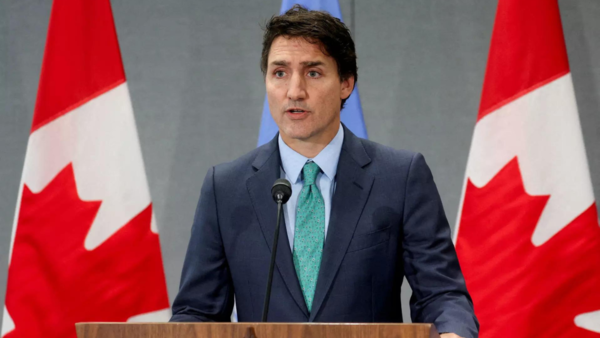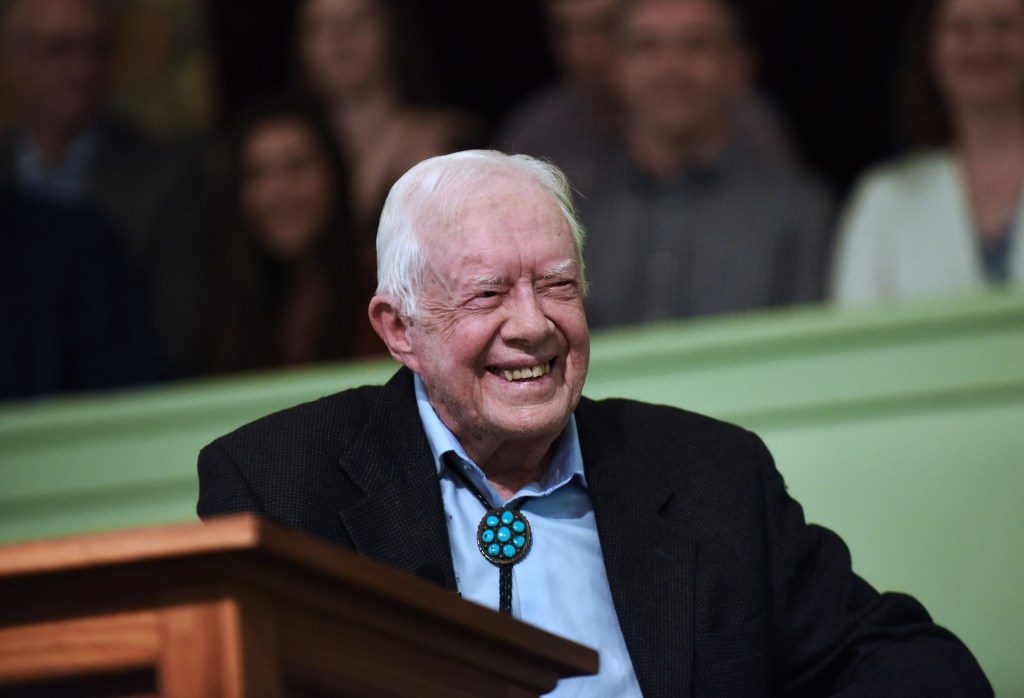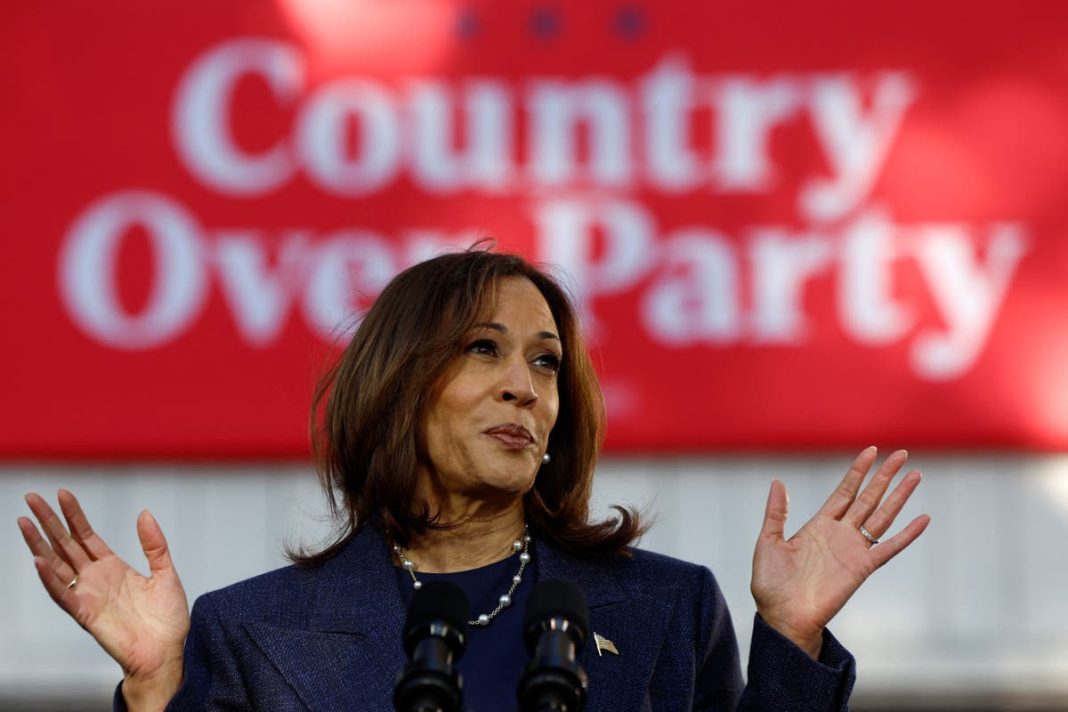Canada’s Diplomatic Tensions: Trudeau Accuses India of Sovereignty Violation
In a dramatic escalation of diplomatic tensions, Canadian Prime Minister Justin Trudeau has publicly accused India of violating Canada’s sovereignty. This revelation comes in the wake of a shocking allegation that India may have been involved in the assassination of a Canadian citizen, Hardeep Singh Nijjar, a prominent Sikh activist. Trudeau’s statement has sent ripples through international relations, raising questions about the future of Canada-India ties.
The Allegation Unveiled
During a recent address to the Canadian Parliament, Trudeau stated that there are “clear indications” that Indian agents were involved in the killing of Nijjar, who was shot dead outside a gurdwara in British Columbia in June. This assertion marks a significant turning point in Canada’s stance towards India, a country with which it has historically maintained a complex but generally cooperative relationship.
What’s at Stake?
The implications of Trudeau’s claims are profound. Canada and India share strong economic ties, with trade between the two nations reaching billions of dollars. However, this incident has put those relations on shaky ground. Trudeau emphasized that Canada will not tolerate any foreign interference in its domestic affairs, a sentiment that resonates strongly with many Canadians who value national sovereignty.
The Response from India
In response to Trudeau’s allegations, the Indian government has vehemently denied any involvement in Nijjar’s death. Indian officials have labeled the accusations as “absurd” and have called for a thorough investigation into the matter. This back-and-forth has only intensified the diplomatic rift, with both nations now facing a potential fallout that could affect not just bilateral relations but also broader geopolitical dynamics.
Historical Context
The Sikh community in Canada has long been a focal point of tension between Canada and India. Nijjar was a vocal advocate for an independent Sikh state, Khalistan, which has been a contentious issue in India. The Canadian government has historically supported the rights of its Sikh population, which adds another layer of complexity to this situation.
What’s Next?
As the situation unfolds, many are left wondering how Canada will navigate this diplomatic crisis. Trudeau has indicated that Canada will take appropriate measures to protect its sovereignty, but specifics remain unclear. The international community is watching closely, as this incident could set a precedent for how countries handle accusations of foreign interference.
Conclusion
In a world where global relations are increasingly fraught with tension, Trudeau’s allegations against India serve as a stark reminder of the delicate balance of diplomacy. As both nations grapple with the fallout, the hope is that dialogue will prevail over discord, allowing for a resolution that respects Canada’s sovereignty while addressing the underlying issues at play. The coming weeks will be crucial in determining the trajectory of Canada-India relations and the broader implications for international diplomacy.



